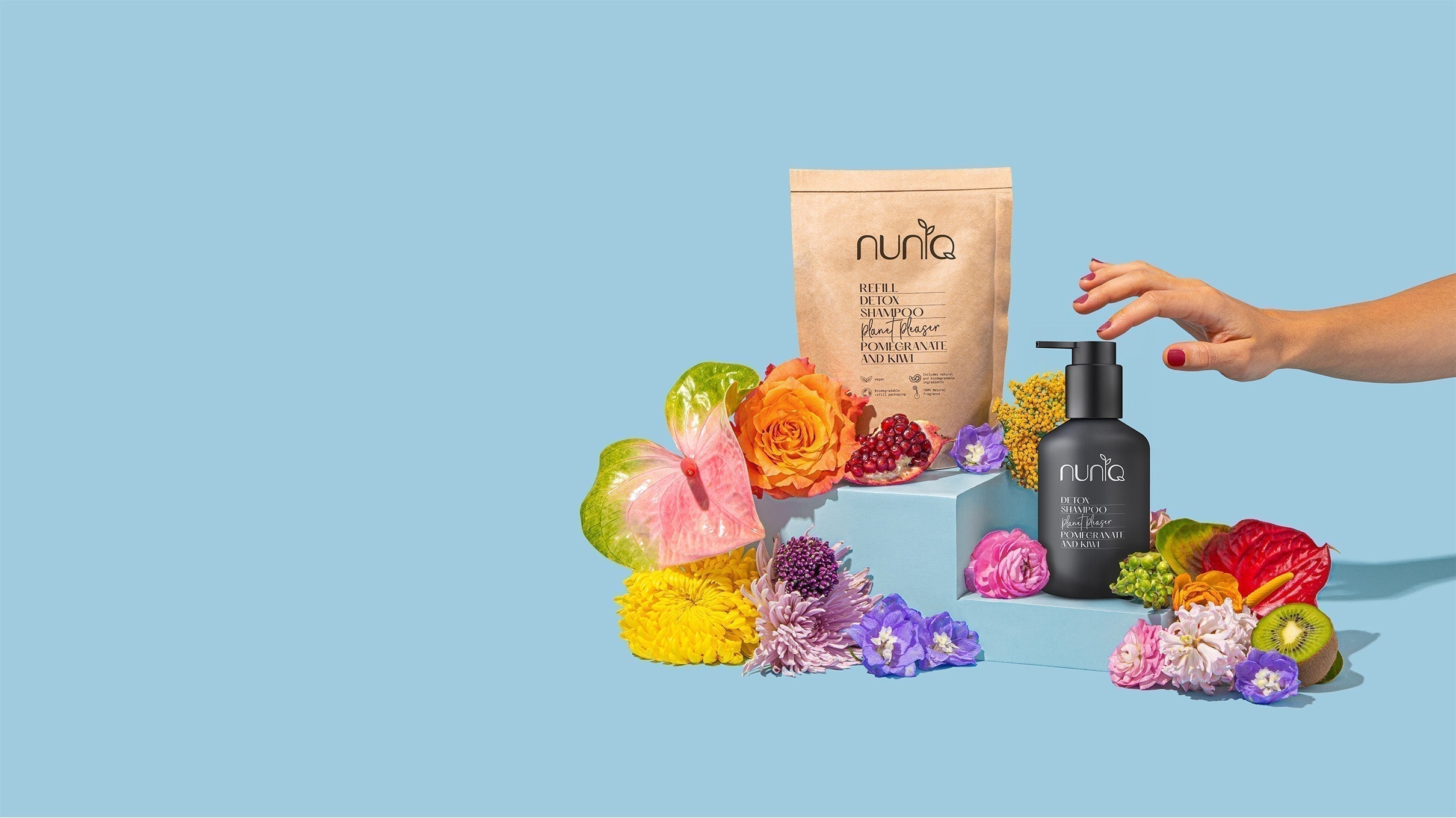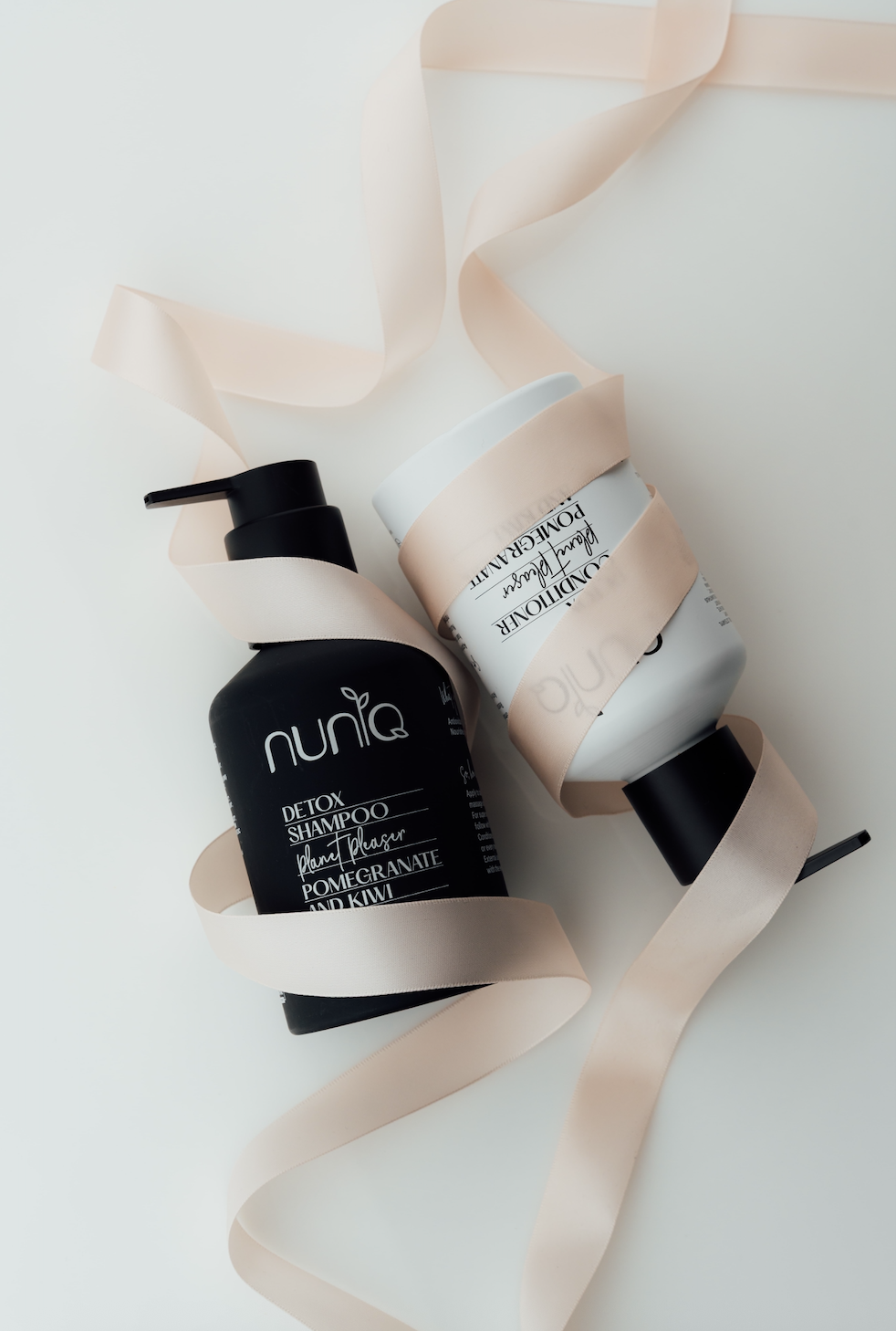The other night I was having dinner with a group of friends — not a work meeting, just a relaxed catch-up. But as often happens when beauty comes up in the conversation (which, to my delight, it always does), it quickly turned into something more insightful. These spontaneous chats are one of my favourite ways to understand what people really think about their products. No filters, no marketing — just pure feedback. What they use, what they trust, what they’ve given up on. Who they take advice from. Hairdressers, pharmacists, close friends. And of course, what makes them fall in love with a product — or not.
That evening, one topic sparked my curiosity more than any other: fragrance.
Everyone agreed that how something smells plays a huge role in how likely they are to use it every day. The words “it has to smell amazing” came up more than once. But then came the catch: some of them also admitted they feel slightly guilty when a product smells too nice. “If it smells this good,” one friend said, “it’s probably not clean.”
That belief — that natural or safe products shouldn’t smell good — is surprisingly widespread. And it’s time to clear that up.
Why fragrance gets a bad reputation
Let’s start with a bit of context. When you read a product’s ingredient list and see the word “fragrance” or “parfum”, you might assume it’s a single ingredient. In fact, it can be a complex mixture of dozens — or even hundreds — of substances, many of which don’t have to be disclosed individually.
That’s because in most countries, fragrance formulas are legally protected as “trade secrets.” So brands are not required to reveal what goes into them — even when those hidden ingredients might include allergens, hormone disruptors, or skin sensitizers.
It’s not just a transparency issue. Some synthetic fragrance ingredients, like phthalates or certain musks, have been linked to endocrine disruption or environmental harm. Others can trigger irritation, especially for sensitive skin.
That’s why fragrance often appears on watchlists, and why some clean beauty consumers prefer fragrance-free options altogether — especially if they have reactive or allergy-prone skin.
But not all fragrances are harmful
This is where nuance matters. Just like with food, the word “sauce” can mean anything from processed junk to a homemade blend of clean, traceable ingredients. Fragrance is the same: not all of it is toxic, opaque, or synthetic.
The key is transparency, sourcing, and standards.
At Nuniq, we’ve made it a priority to ensure that our fragrance is not only 100% natural — made from essential oils and botanical extracts — but also:
-
COSMOS certified, meaning it meets the most rigorous European standards for organic and natural cosmetics
-
IFRA compliant, so it's safe to use on skin according to global toxicology standards
-
And made in Grasse, the birthplace of fine perfumery in the South of France, where tradition meets innovation in the most beautiful way
We don’t use “fragrance” as a blanket term. And while full ingredient disclosure isn’t always legally required, we choose to work only with partners who provide detailed breakdowns of each fragrance’s composition and origin. Because we believe that everyone has the right to know exactly what’s in the products they use.

Traditional flower picking in Grasse — the heart of French perfumery
Our fragrance isn’t an afterthought — it’s part of the care
When we were developing the first Nuniq formulas, the fragrance wasn’t a last-minute add-on. It was one of the first things we fell in love with — and one of the hardest to get just right.
We wanted it to feel natural, but sophisticated. Not overpowering. Fresh, but comforting. A scent that’s subtle enough to blend into your day, but unique enough to make you pause and smile when you use it.
The result is a fragrance that, as one beauty editor described it in Condé Nast Traveler:
That kind of sensory experience matters. The ritual of hair care or body care should feel like something you want to do, not just something you should do. And scent is a big part of that. When you love the way a product smells, you’re more likely to stick with it — which means your hair, or skin gets the consistent care it actually needs.
A final thought
We understand why some people are cautious about fragrance. And if you prefer your products unscented, we respect that. But don’t let a single word on a label keep you from enjoying a product that’s both safe and delightful.
Fragrance can be clean.
It can be traceable.
It can be botanical, beautiful — and good for you.
We think it should be.





